Chapter Four of my book Movie Wars. It was originally written for Another Kind of Independence: Joe Dante and the Roger Corman Class of 1970, a critical collection coedited with Bill Krohn for the Locarno International Film Festival in 1999, which came out in French and Italian editions. –– J.R.
During the spring of 1998, not long before the American release of Small Soldiers, I happened upon “The Toys of Peace,” a wise and wicked tale by Saki included in A. S. Byatt’s recent collection, The Oxford Book of English Short Stories. Set in 1914, it recounts the noble and doomed efforts of the hero to interest his two nephews, aged nine and ten, in “peace toys”: models of a municipal dustbin and the Manchester branch of the YWCA, lead figurines of John Stuart Mill, Robert Raikes (the founder of Sunday schools), a sanitary inspector, and a district councillor. Forty minutes later, he looks in on the boys and finds that they’ve converted these objects into war toys: the municipal dustbin punctured with holes to accommodate the muzzles of imaginary cannons, Mill dipped in red ink to approximate an eighteenth‐century French colonel, with a grisly game plan mapped out to yield a maximum amount of bloodshed, including the remainder of the red ink splashed against the side of the YWCA building.
Read more
From the Summer 1984 Film Quarterly (Vol. XXXVII, No. 4). I can happily report that some copies of this book are still available on the Internet. — J.R.
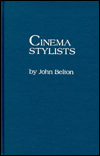
CINEMA STYLISTS
By John Belton. Metuchan, N.J. & London: The Scarecrow Press, 1983. $19.50.
From the outset, in his Introduction, John Belton makes the organizing stance of Cinema Stylists admirably clear. Revised auteurism — that is to say, non-vulgar and non-biographical auteurism, an auteurism brought more in line with the qualms of Barthes and Foucault (and subsequently Wollen) about authorship, and tempered with some of the notions about authorial presence in Wayne Booth’s The Rhetoric of Fiction — is the dominant (if not exclusive) mode in this collection of over three dozen pieces, written over the past fourteen years. With the specters and examples of Robin Wood and Andrew Sarris hovering over his shoulders – his right and left consciences, as it were – Belton lacks the stylistic fluidity of either of his mentors, but has certain sound academic virtues which match and occasionally surpass the capacities of both.
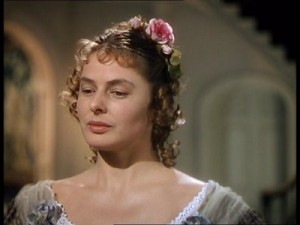
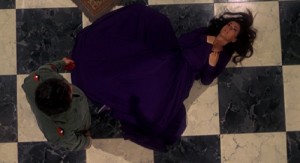
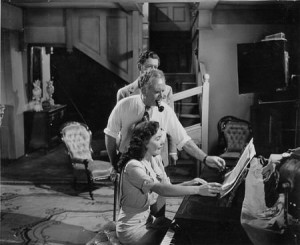
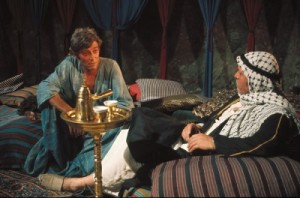
A champion of the underdog film as well as the neglected figure, Belton can be seen going to bat in Cinema Stylists for Robert Mulligan, Edgar G. Read more
From the Chicago Reader (July 21, 1995). — J.R.
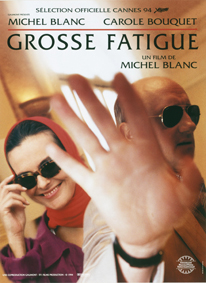
Grosse fatigue
Rating *** A must see
Directed and written by Michel Blanc
With Blanc, Carole Bouquet, Philippe Noiret, Josiane Balasko, Christian Clavier, and Charlotte Gainsbourg.
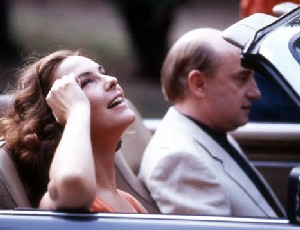
Wonders never cease. When Michel Blanc’s hilarious, vulgar farce Grosse fatigue won the prize for best screenplay at the Cannes film festival last year, the American press generally agreed that its chances of stateside distribution were just about nil. A nasty, abrasively funny insider’s look at contemporary French cinema, it was felt to be far too obscure in its references and far too politically incorrect, with its sexist and homophobic gags about rape, to find much favor among art-house patrons on this side of the Atlantic.
Proving us all wrong, Miramax is releasing the movie this week. I can only applaud their decision: offensive or not, Blanc’s fantasy/comedy qualifies in my book as a satire about the movie business far superior to The Player and Swimming With Sharks — two supposedly scathing looks at Hollywood that squander all their venom on a few west-coast executives with fancy ties and outsize salaries and let the audience that supports them neatly off the hook. Paradoxically, these American-made pictures argue that any system that supports people like these treacherous producer-villains has to be wrong, yet somehow they fail to broach the possibility that we in the audience could have anything to do with such a system ourselves. Read more







